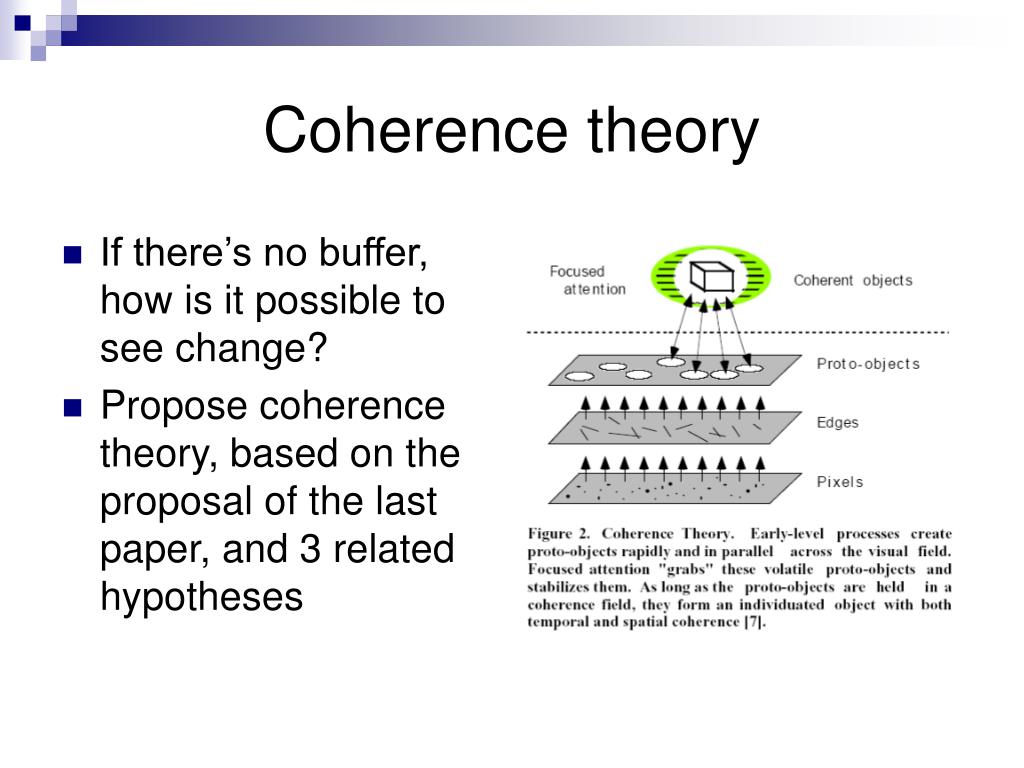

The second research question was whether there are sex and age differences in these resource variables, and, if so, whether these differences occur the same way in patient groups as they do in the general population. In our study, we will test whether sense of coherence, resilience, and optimism are lowered in cancer patients or not. These differences may be due to varying resource constructs, varying instruments for assessing the constructs, and differences in sociodemographic and clinical characteristics of the samples. While some oncological studies have shown that resource variables are slightly lowered in cancer patients ( Hinz, Friedrich, Kuhnt, Zenger, & Schulte, 2019), others have even found higher levels in cancer patients than in the general population ( Krebs et al., 2019 Thieme, Einenkel, Zenger, & Hinz, 2017). The first research question our study addressed concerned whether these resource variables nevertheless decrease when a severe disease such as cancer occurs, or whether these variables remain stable. Resource variables are assumed to be relatively stable over time. We selected these three constructs because they are core resource constructs, and because there are short questionnaires for which German normative data are available. Habitual optimism is characterized as the generalized expectation that good things will happen ( Scheier & Carver, 1992). Resilience is defined as the capacity to adapt to challenges that threaten system function, survival, or development ( Masten, Lucke, Nelson, & Stallworthy, 2021). Sense of coherence is a global orientation to view the world and the individual environment as comprehensible, manageable, and meaningful ( Antonovsky, 1993). In our study, we investigate the three constructs sense of coherence, resilience, and optimism. Multiple studies have consistently shown that these resource variables are associated with QoL ( Asaba & Okawa, 2021 Finck, Barradas, Zenger, & Hinz, 2018 Giglio, Rodriguez-Blazquez, Pedro-Cuesta, & Forjaz, 2015 Milbury, Tannir, & Cohen, 2011 Zenger, Brix, Borowski, Stolzenburg, & Hinz, 2010 Zhou et al., 2022), mental health ( Fischer, Cripe, & Rand, 2018 Plitzko, Mehnert-Theuerkauf, & Götze, 2020 Uchida et al., 2018), spiritual well-being ( Kavak, Özdemir, & Dural, 2021), and health behavior ( Thomas et al., 2020). The most relevant resource factors are sense of coherence ( Antonovsky, 1993 Asaba & Okawa, 2021), dispositional optimism ( Carver & Scheier, 2014 Forte et al., 2022), resilience ( Calderon et al., 2022 Lau, Khoo, Ho, & Tan, 2021 Luthar, Cicchetti, & Becker, 2000 Zhou, Ning, Wang, & Li, 2022), self-esteem ( Niveau, New, & Beaudoin, 2021), and self-efficacy ( Bandura, 1997 Banik et al., 2017).

Several factors have been proposed as resources assumed to buffer the effects of events such as cancer diseases on QoL and mental health. While psycho-oncological research and care have historically been focused on deficits such as limited QoL, disease burden, and distress, in recent years, an additional resource-oriented perspective has been established.


Special attention should be given to young cancer patients.Ĭancer patients experience multiple detriments to their QoL and mental health ( Hinz et al., 2018 Mehnert et al., 2014). In addition to limitations in QoL, health care professionals should also consider patients’ resources for coping with the disease. ConclusionsĬancer patients with low levels of personal resources adapt to their disease more poorly than patients with high levels. Sense of coherence was more strongly correlated with QoL than resilience and optimism. The correlations among the resource variables ranged between. While there were only small sex differences in the resource variables, significant age differences were found in these variables, with stronger detriments in younger patients. The three resource variables showed somewhat lower levels in the patients’ sample in comparison with general population controls, with effect sizes between −0.10 and −0.23. MethodĪ sample of 1108 patients with mixed cancer diagnoses were examined using the Sense of Coherence Scale-3 (SOC-3), the Brief Resilience Scale (BRS), the Life Orientation Test (LOT-R), and the QoL questionnaire EORTC QLQ-C30. The aim of this study was to investigate whether the three resource variables sense of coherence, resilience, and dispositional optimism become impaired when people are ill with cancer, whether there are sex and age differences in these variables, and how these variables are associated with quality of life (QoL).


 0 kommentar(er)
0 kommentar(er)
